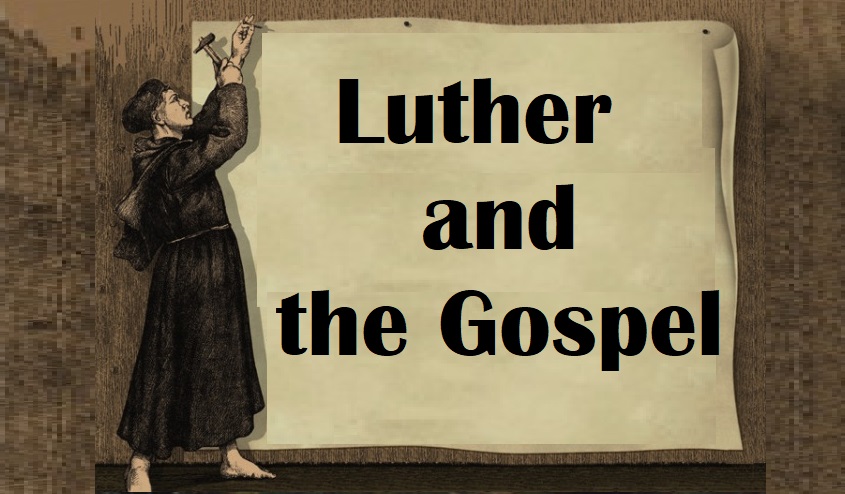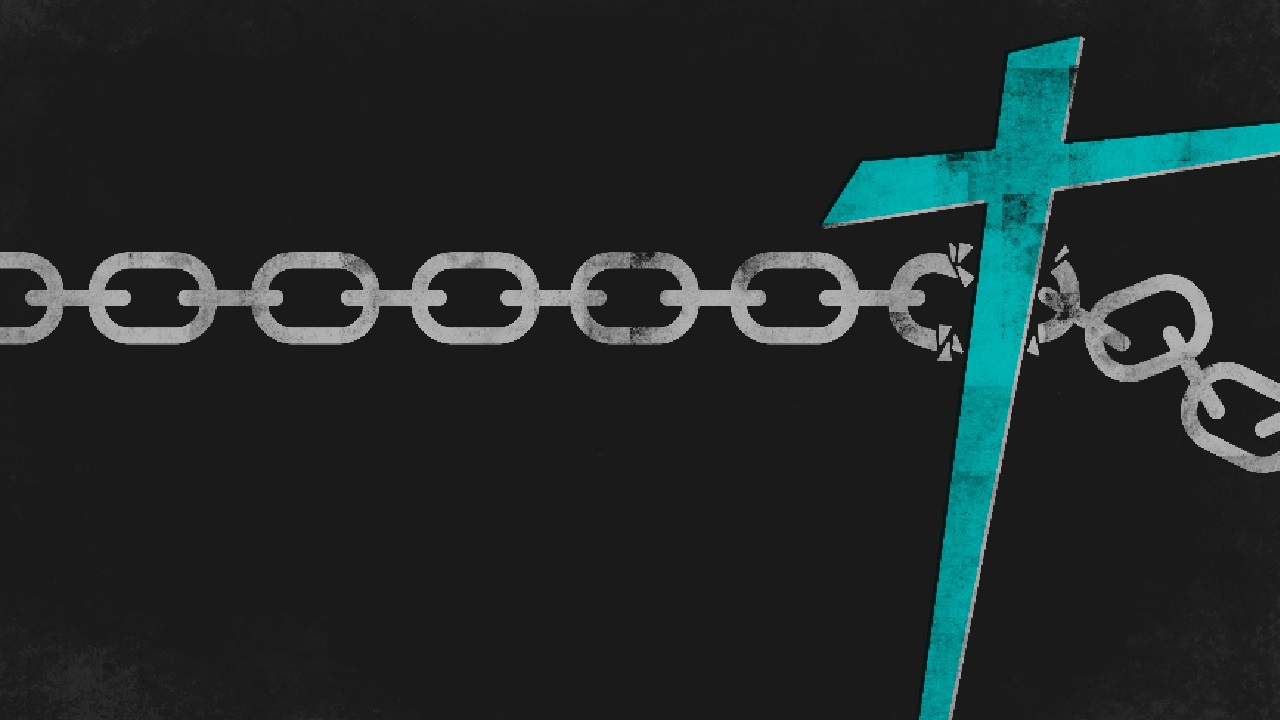by Sir Anthony F. Buzzard
“[Luther] created by a dogmatic criterion a canon of the gospel within the canon of the books. He wrote: ‘Those Apostles who treat oftenest and highest of how faith alone justifies, are the best Evangelists. Therefore St. Paul’s Epistles are more a Gospel than Matthew, Mark, and Luke. For these do not set down much more than the works and miracles of Christ; but the grace which we receive through Christ no one so boldly extols as St. Paul, especially in his letter to the Romans.’ In comparison with the Gospel of John, the Epistles of Paul, and 1 Peter, ‘which are the kernel and marrow of all books,’ the Epistle of James, with its insistence that man is not justified by faith alone, but by works proving faith, is ‘a mere letter of straw, for there is nothing evangelical about it.’ It is clear that the infallibility of Scripture has here, in fact if not in avowal, followed the infallibility of popes and councils; for the Scripture itself has to submit to be judged by the ultimate criterion of its accord with Luther’s doctrine of justification by faith” (Moore, History of Religions, Scribner, 1926, p. 320).
“In the course of time Luther came practically to set up a canon of Scripture within the Canon. Probably most Bible students actually do this in practice to varying degrees. Luther’s virtual canon consisted of three Pauline epistles as forming the central core: Romans, Galatians and Ephesians. To these he added John, 1 John, 1 Peter, and Acts. The least valuable book in the New Testament was Revelation, and he found little more value in Hebrews, James, and Jude. What governed his choice was that he regarded as supreme the great doctrine of Justification by Faith. This, he held, is the essence of the Gospel, and by it all the rest must be interpreted. It was this that caused him to place the three Synoptic Gospels on a lower level. It was not that he thought less than anyone else of the importance of Christ’s own words, His life, death, and resurrection — nobody could read the epistles without realizing the immense importance to Paul of, at least, the death and resurrection of the Lord Jesus. It was because the Gospels do not clearly and evidently deal with the central doctrine of Justification by Faith, and this was for Luther, the touchstone by which the golden Truth is disclosed” (Norman Snaith, The Inspiration and Authority of the Bible, London: The Epworth Press, 1956, p. 12).
Readers should ponder these extraordinarily revealing facts. Leaving one dogmatic system, the Roman Catholic Church, Luther substituted another dogmatic system. He declared that the Gospel (Christianity) is not primarily found in Matthew, Mark and Luke! In other words the teaching of Jesus is not really the Christian Gospel. Rather, said Luther, the Gospel is most clearly found in Romans, Galatians and Ephesians, and certainly not in James!
Most churchgoers have been unconsciously influenced by this very damaging method of reading the Bible. The effects of Luther’s “pick and choose” procedure are heard everywhere in contemporary presentations of the Gospel. We are constantly told that the Gospel is to be defined firstly by the book of Romans (cp. the “Roman Road” method of evangelism). But according to Heb. 2:3 Jesus is the model preacher of the saving Gospel. This means that Matthew, Mark, Luke and John are the primary source of the Christian Gospel. There is a reason why God has given us three parallel accounts (Matthew, Mark, Luke) of Jesus’ version of the Gospel. And that Gospel centers on the Kingdom of God as its fundamental and principal topic. But you would never suspect this if you examine contemporary invitations to accept the Gospel.
Luther’s notion that Matthew, Mark and Luke are unimportant for defining the Gospel exercises an unfortunate control on most modern preaching. One dogma has been replaced by another equally paralyzing one. It is esssential, therefore, that Jesus’ own label for the Gospel — “the Gospel about the Kingdom” — be reinstated in the position it deserves, in honor of Jesus as the master-teacher.




